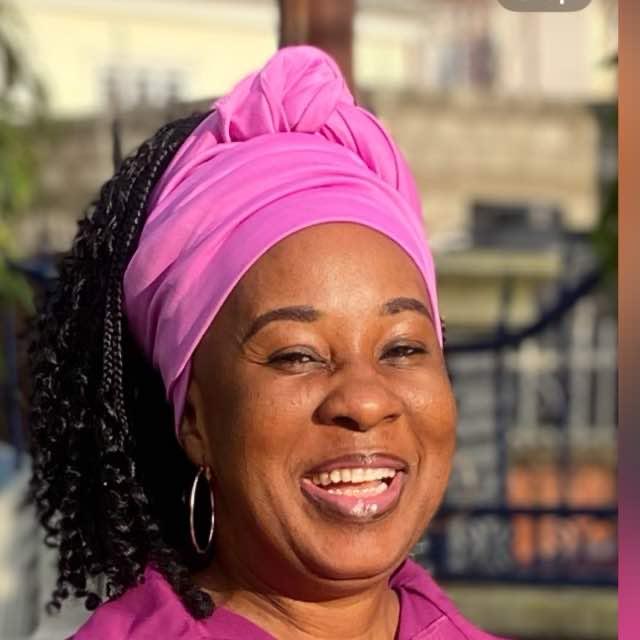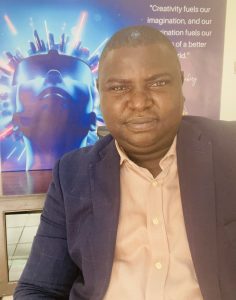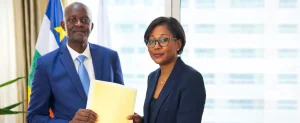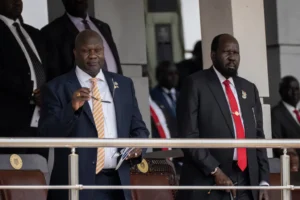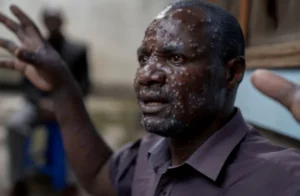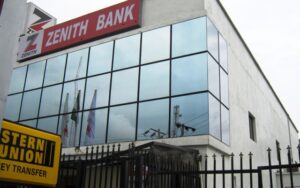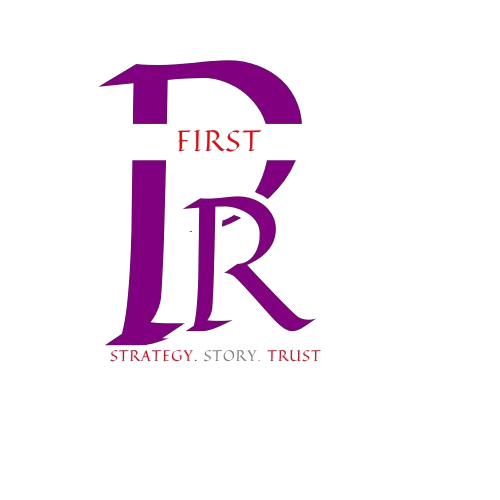Meet Stella Samuel Udobong, the dynamic CEO/Managing Director of Stellar Community Impact Development Initiative (S-CIDI), a visionary organization dedicated to empowering underserved communities through sustainable development. With a deep passion for gender equality, social inclusion, and environmental sustainability, Stella Samuel Udobong. has spent over a decade driving impactful programs that uplift women, girls, and marginalized groups across Nigeria.
Her expertise in Mass Communication, Philosophy, and Gender Studies has shaped her approach to advocacy, allowing her to amplify voices through strategic storytelling and policy engagement. From championing climate action in schools to pioneering gender equality initiatives, she is a force for positive change.
In this insightful conversation, She discusses the state of gender equality in Nigeria, the role of young people in climate action, and the transformative projects shaping the future of S-CIDI. Get ready to be inspired by her unwavering commitment to creating a more inclusive and sustainable society.
Stella Samuel Udobong: Driving Community Transformation Through Gender Equality and Environmental Advocacy
In a bid to create a more inclusive and sustainable society, Stella Samuel Udobong, the CEO and Managing Director of Stellar Community Impact Development Initiative (S-CIDI), has been at the forefront of championing gender equality, youth empowerment, and climate action in Nigeria. Through strategic interventions, she continues to inspire positive change, especially in marginalized communities.
Empowering Underserved Communities
S-CIDI’s core mission is to empower and uplift underserved communities through sustainable development initiatives. The organization focuses on improving access to essential services such as education, healthcare, and economic opportunities, ensuring that community members are active participants in their own development. By leveraging partnerships and innovative solutions, S-CIDI fosters an inclusive environment where every individual has the opportunity to thrive.
Challenges in Achieving Gender Equality in Nigeria
Speaking on gender equality, Udobong highlighted that while progress has been made—particularly in female education and career opportunities—deeply ingrained socio-political and economic barriers still exist. Issues such as patriarchal structures, gender-based violence, and economic inequality continue to hinder women’s full participation in leadership and governance.
“Despite constitutional guarantees for gender equality, women remain underrepresented in decision-making spaces,” she noted. “Even when they overcome systemic barriers within political party structures, they often face sexual harassment and other forms of violence aimed at silencing them.”
Shaping Advocacy and Leadership Through Education
With an academic background in Mass Communication, Philosophy, and Gender Studies, Udobong has been able to integrate strategic messaging, critical thinking, and social inclusion into her advocacy work. She credits her ability to engage diverse audiences and influence policy reforms to her studies and extensive media experience.
“Mass Communication equipped me with the skills to mobilize support for key issues, while Philosophy sharpened my critical thinking. Gender Studies, on the other hand, deepened my understanding of systemic inequality,” she explained.
Climate Action Through School-Based Environmental Clubs
Recognizing the urgency of climate action, Udobong spearheaded the establishment of Environmental and Waste Management Clubs in public junior secondary schools. These clubs educate students on sustainable practices, waste management, and climate advocacy.
“The climate of the future depends on the actions we take today,” she stressed. “By instilling eco-conscious values in young people, we are nurturing a generation of environmental leaders.”
So far, the initiative has been implemented in ten schools within the Federal Capital Territory (FCT), with students actively engaging in recycling, tree planting, clean-up campaigns, and advocacy programs. Udobong emphasized the importance of fostering environmental responsibility among young people, adding that they are key players in Africa’s climate resilience efforts.
Impact and Success Stories in Gender Advocacy
Through various initiatives, Udobong has made a significant impact on gender equality and social inclusion. As a research assistant for the Friedrich Ebert Foundation Nigeria, she contributed to reviewing the Nigeria Labour Congress (NLC) Gender Policy. Additionally, she has worked on integrating gender perspectives in the National Gender Policy on Agriculture and has conducted numerous capacity-building programs for community-based organizations.
Her advocacy has also extended to supporting persons with disabilities (PWDs), particularly those affected by leprosy, by advocating for financial inclusion through biometric data capture. She remains a vocal proponent of policies that protect and empower vulnerable groups.
Future Plans for S-CIDI
Looking ahead, S-CIDI aims to expand its environmental clubs to more schools across Nigeria, partnering with the National Youth Service Corps (NYSC) and the International Institute of Tropical Agriculture’s Start Them Early Project (STEP). The organization is also tackling period poverty by providing sanitary pads to girls in public schools and will soon launch the ‘Mistakes Don’t Define Me’ campaign to raise mental health awareness among students.
“We are committed to ensuring that every individual—regardless of gender or background—has the tools to reach their full potential,” Udobong concluded.
With her relentless commitment to gender equality, environmental sustainability, and social inclusion, Stella Samuel Udobong continues to be a driving force for positive change in Nigeria.

